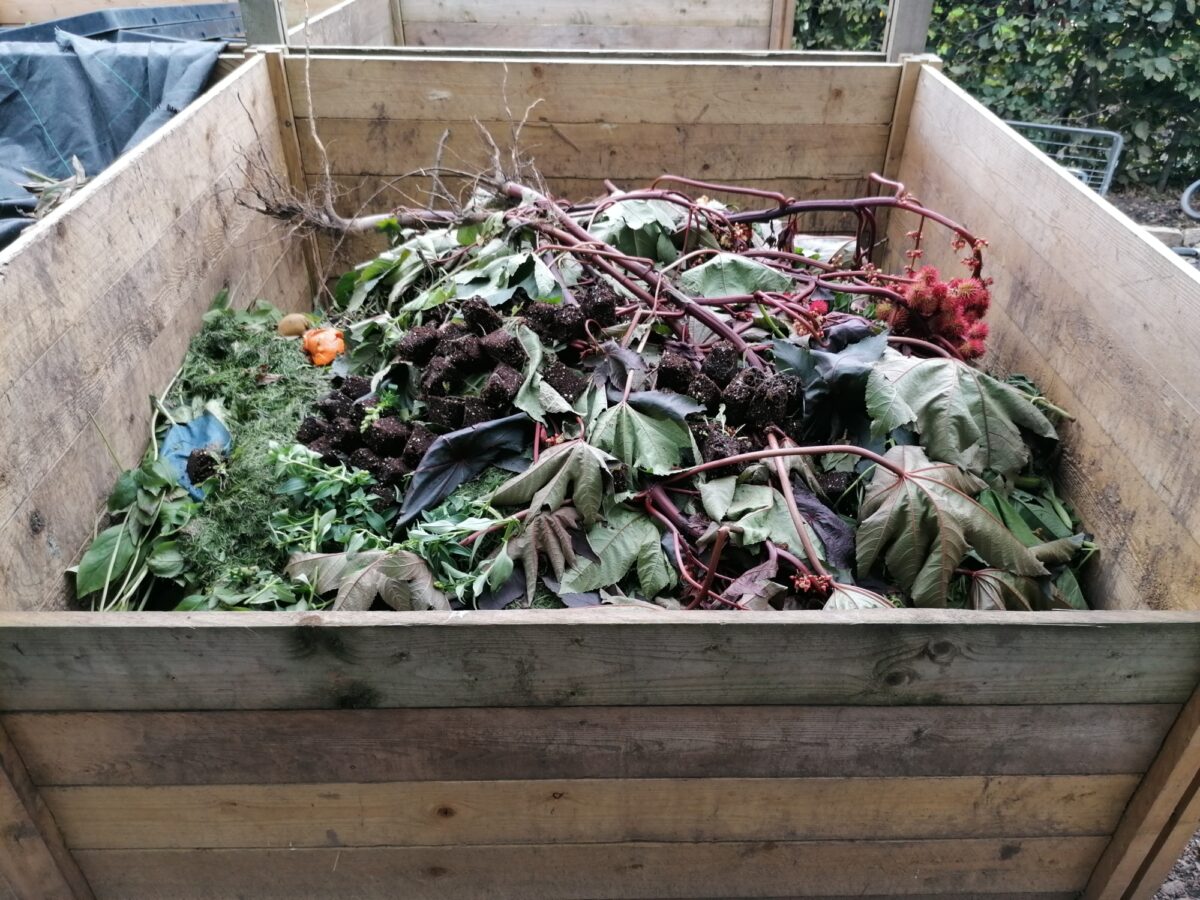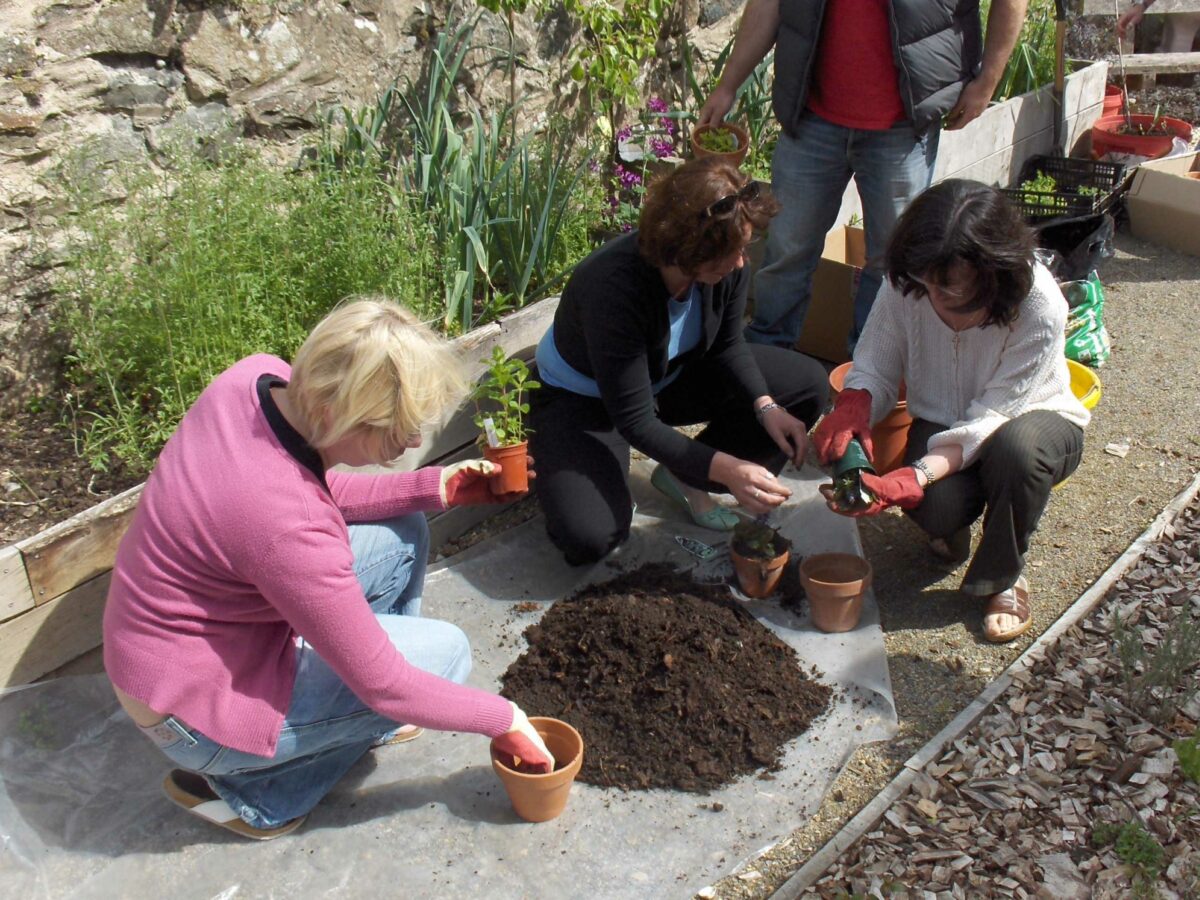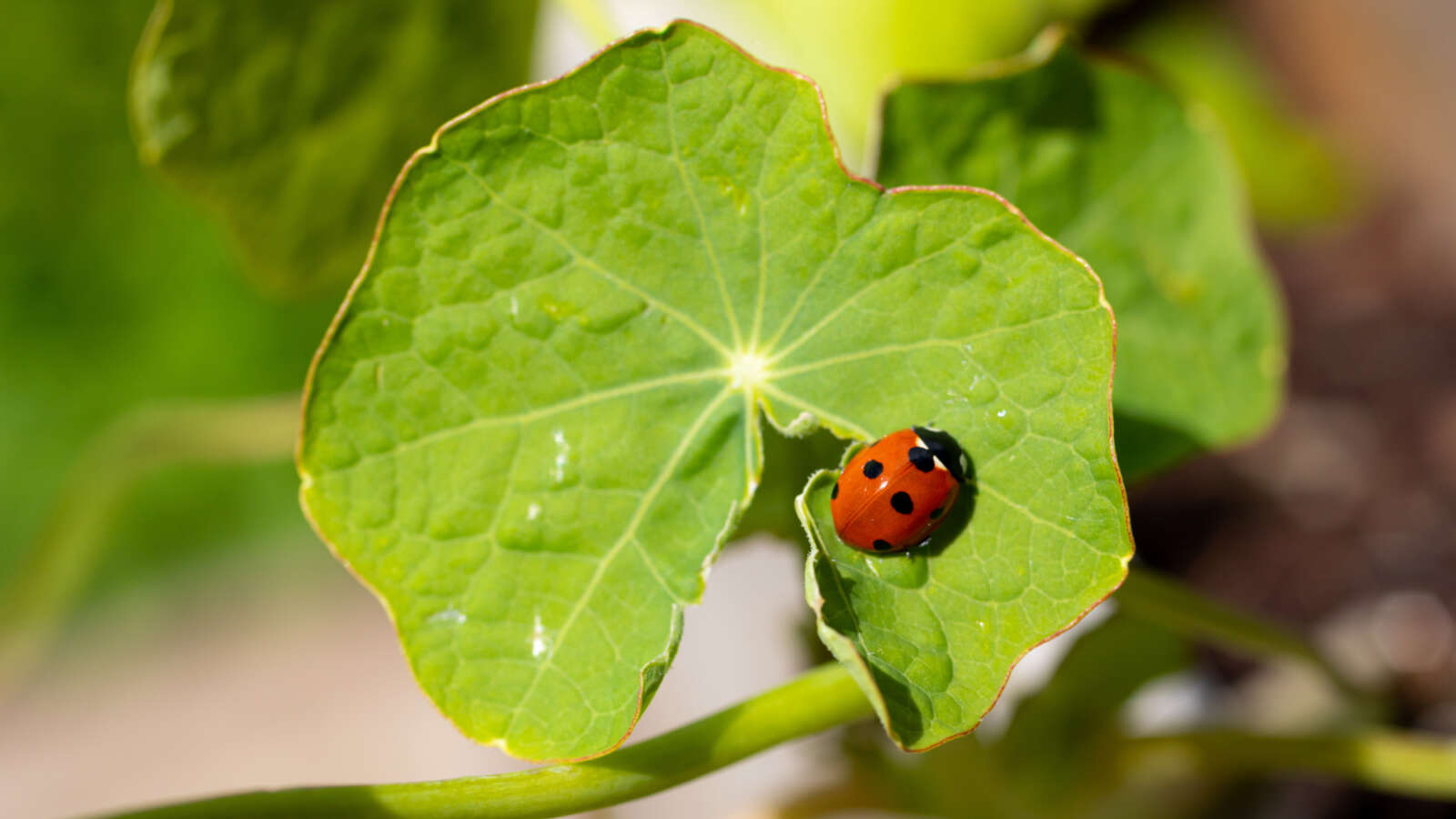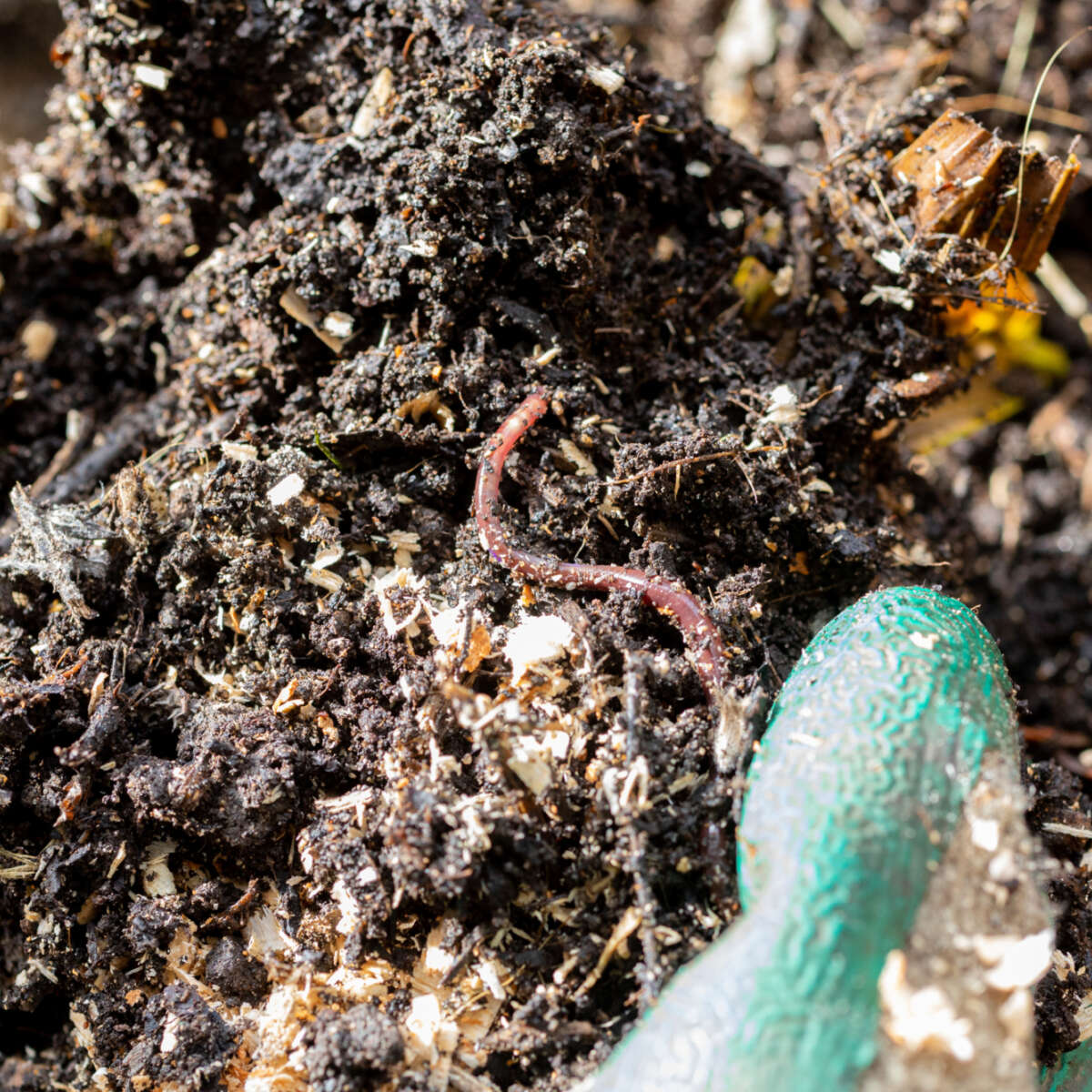
Composting
Getting started with composting
Making compost is often considered to be complex but all you need to do is provide the right ingredients and let nature do the rest.
-
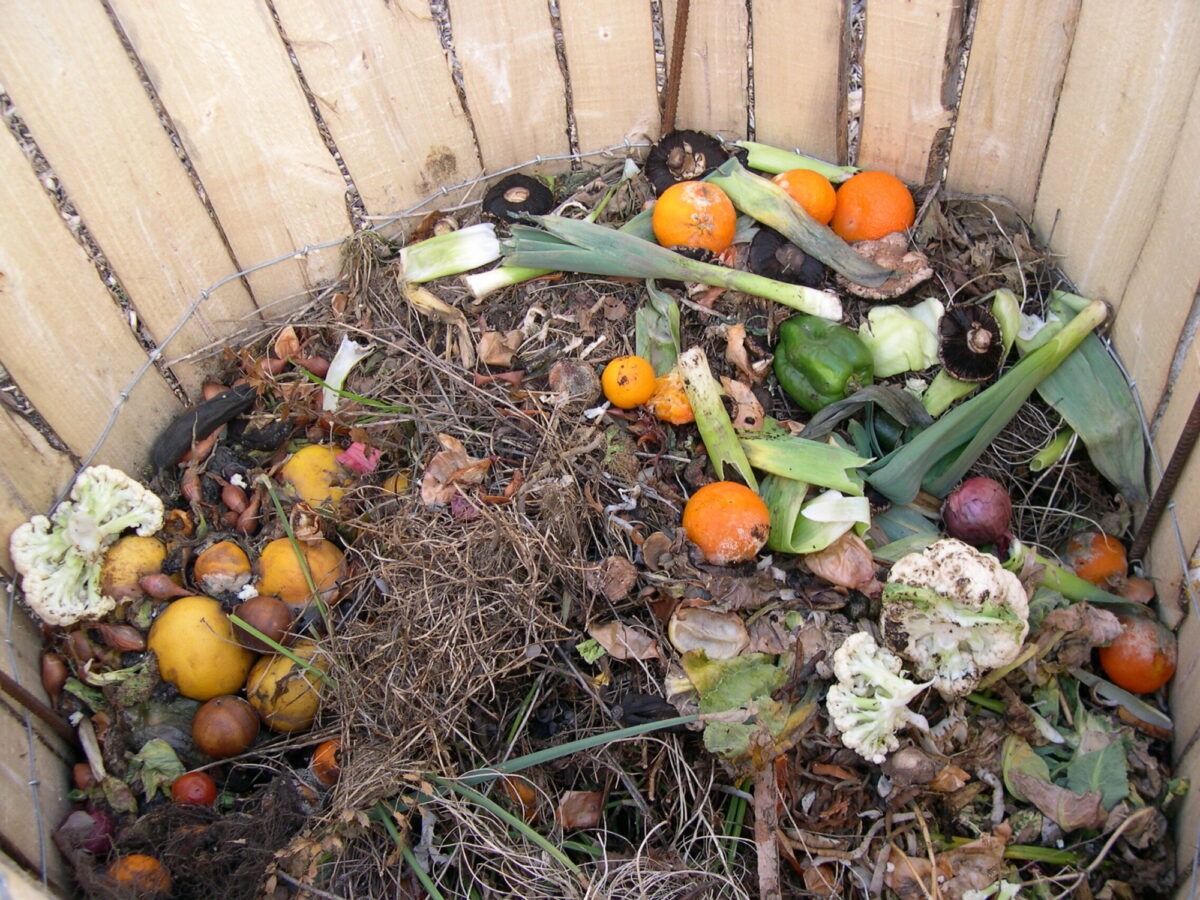
What can I compost?
Anything that was once living will compost, but some items are best avoided. For best results, use a mixture of ingredients and equal amounts by volume of 'green' and 'brown' items.
-
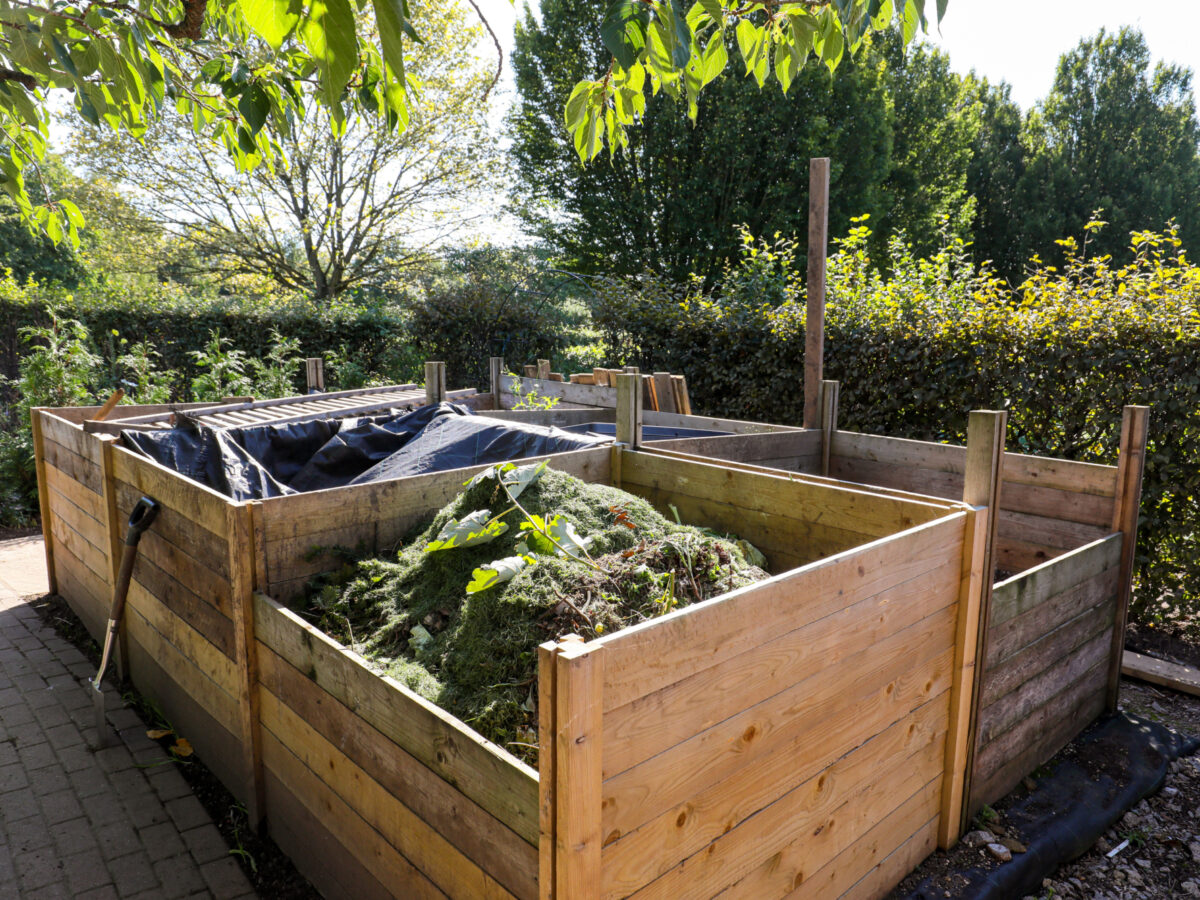
How to make compost
There are a number of ways to make compost to enrich your soil, including making a cold heap, a hot heap or a mix of both. To make good compost you need a more or less equal amount of 'greens' and 'browns' by volume.
-
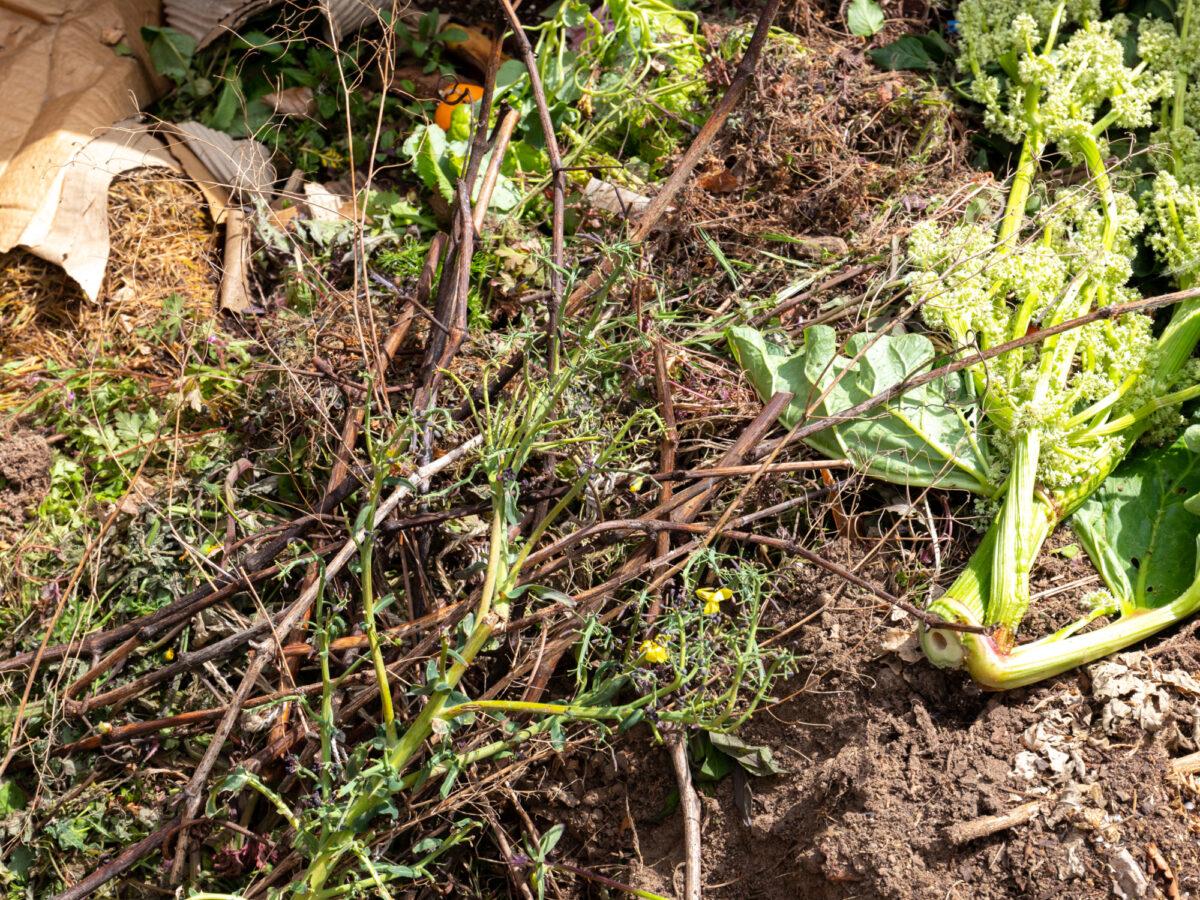
Where do I make my compost?
A bin is not strictly necessary – you can just build a heap and cover it over with some polythene or cardboard. However, bins do look neater and are easier to manage.
-
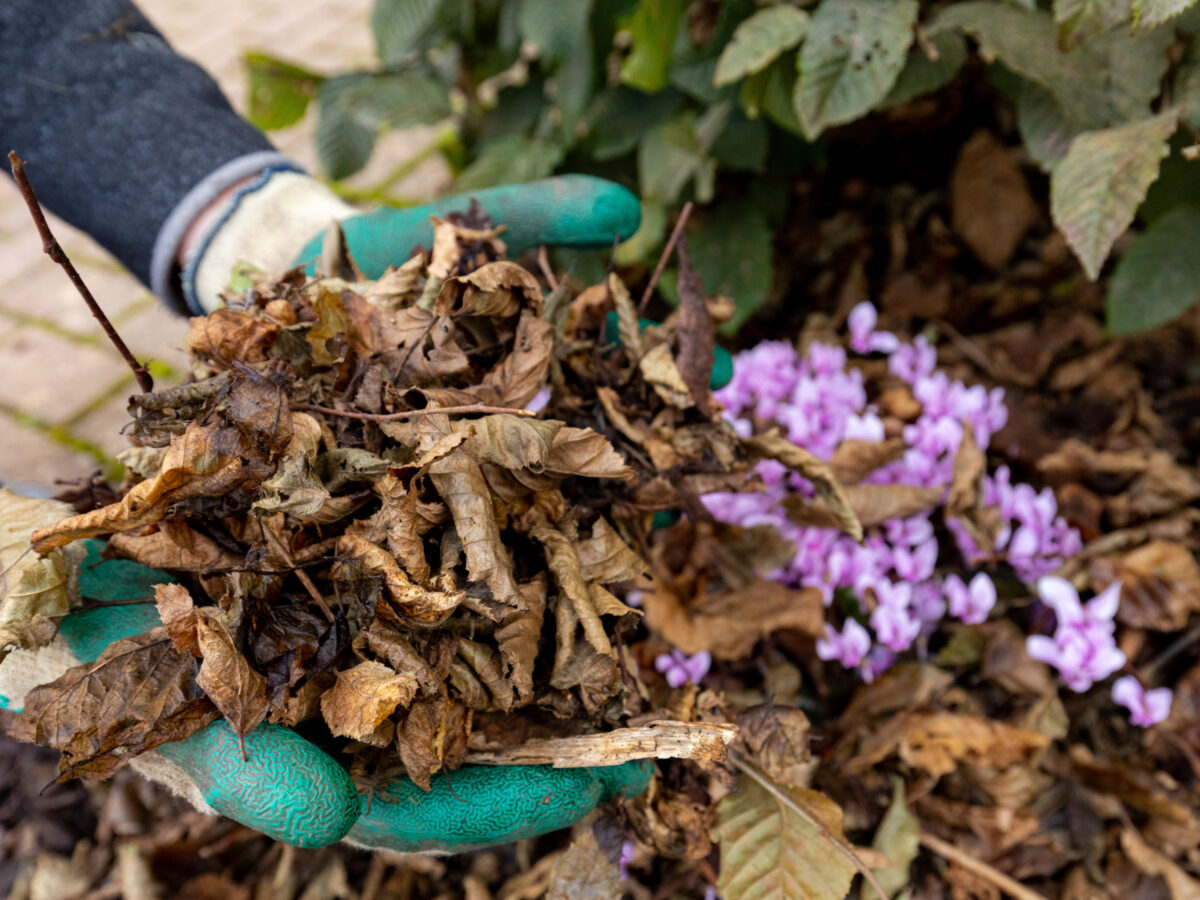
Composting hints and tips
How to use and compost some common ingredients including leaves, grass, weeds, clippings, manure, paper and wood.
Composting this month
Avoid bonfires. If the compost bin is still overflowing, just store excess material in bags until the heap subsides enough for more to be piled in.
Your organic garden in November
November is the ideal month to start making plans for next year. Be ruthless with plants that performed badly; remove and replace with a better variety. Make notes of all your good ideas, ready for next year.
Also this month
Composting bins and choices
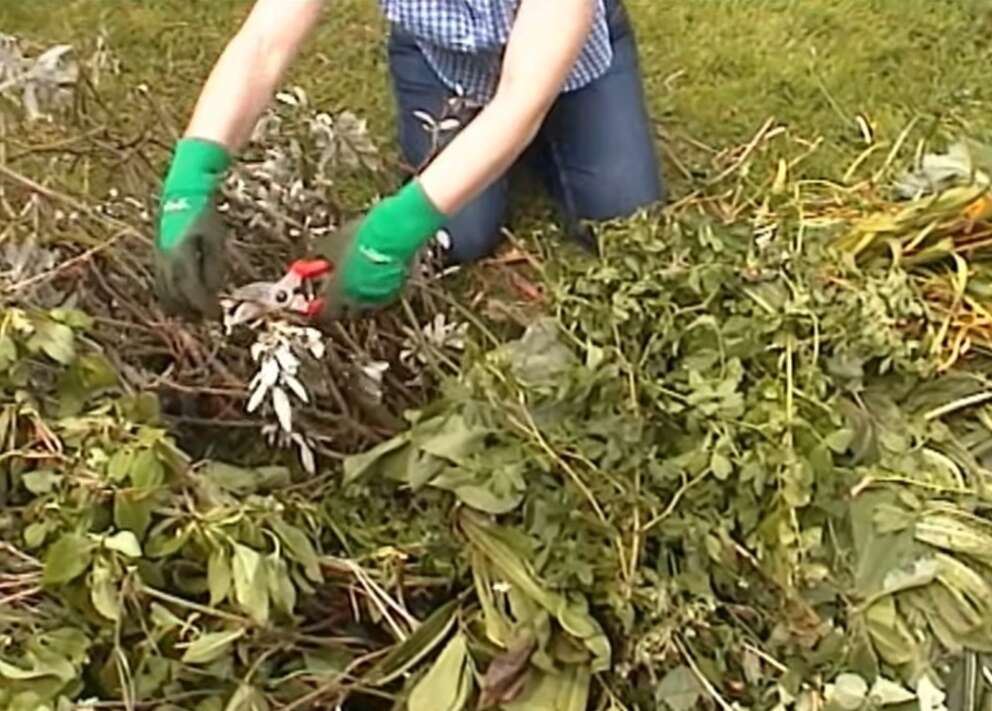
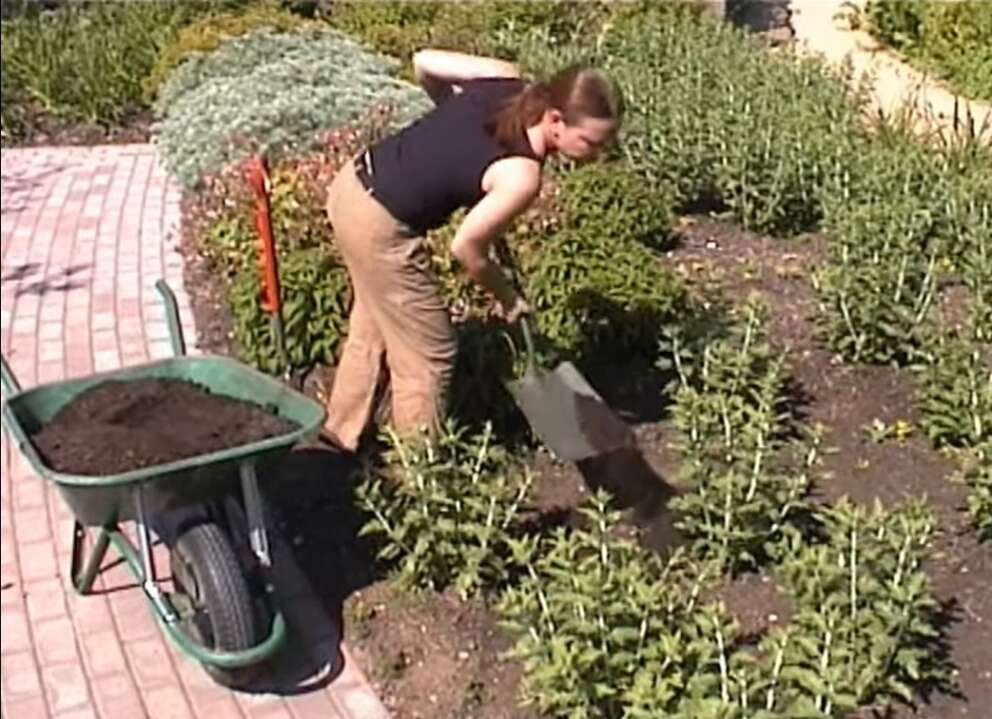
Fact sheets - composting
Our member fact sheets contain in-depth information and guidance on a range of topics. Log in or join us to access them.
-
Composting
Compost, how to make it
Our detailed Garden Organic member fact sheet will guide you through the steps to make your own compost.
-
Composting
Composts and manures in the organic garden
Learn more about using composts and manures in the organic garden with our handy Garden Organic member fact sheet.
-
Composting
Potting composts: making your own
Find out why making your own potting compost is the recipe for success! Follow the tips and guidance on our Garden Organic member fact sheet.
-
Composting
Green waste compost
Use our handy Garden Organic member fact sheet for guidance on using green waste compost effectively.
Frequently asked questions
-
It is quite safe to include cardboard such as cereal packets etc. The inks used these days no longer contain the harmful heavy metals that used to be a problem. Due to economic reasons the industry has converted to vegetable-based inks. The only material we do not recommend in an organic garden is the fire-proof cardboard, as this does contain certain pollutants.
If you would like further advice on your organic growing, why not become a member of Garden Organic? It costs as little as £2.75 a month, and not only gives you full access to our advisory service, but also free or discounted entrance to many gardens across the UK. Call 02476 308210 or email [email protected]
-
As you quite rightly say fruit flies are harmless and are not causing any harm However, you can reduce their numbers by burying the fresh waste when you add it to your bin as well as covering the top of the compost with a damp newspaper or cardboard. This will help to reduce access to the fruit that they feed on. Ants have a beneficial role in the composting process, playing a part in the recycling of animal and plant remains. There is no need to get rid of them, or the woodlice. Both are important in helping to recycle waste material.
However, the presence of the ants may indicate that your compost is on the dry side. Try turning the compost and giving it a good soaking with water.
-
Hay is fine to add to the garden compost heap. It has a high source of carbon and significant amounts of potassium. We recommend that you chop or shred the hay first (spread it out and run the mower over it). Remember to mix the hay with green material which will heat up the heap and help it to decompose quicker. Make sure the hay is not too dry, soak with water, if necessary.
Hay can also be used as a mulch around fruit trees during the spring and summer months, providing food and retaining moisture in the soil.
One word of warning, though. You may find a great number of grass seeds will survive and germinate in your beds.
-
Worms climb out of their compost for several reasons. They can wriggle out under the lid very easily. Any one of the following could be the reason:
Compost too wet or acid; Conditions too warm; Insufficient air circulation; Air pressure (due to changing weather conditions); Not enough food; Overcrowding; Curiosity – worms like to explore.
You may have added too much lime and worm treats to the bin before going away. Only add lime if the compost needs it. Check with a pH soil testing kit. In general, the ingredients usually fed to worms, such as vegetable peelings, will not need pH adjustment.
The 'worm treat' is designed to entice the worms into new food. Only use this if you feel the worms are not working quickly enough.
If you would like further advice on your organic growing, why not become a member of Garden Organic? It costs as little as £2.75 a month, and not only gives you full access to our advisory service, but also free or discounted entrance to many gardens across the UK. Call 02476 308210 or email [email protected]
-
It's not true that compost must be built up in layers - let's take a moment to consider why. It is not uncommon for gardening literature to state that a compost heap should be built up in layers, and many keen gardeners will insist that this is the correct way to build a heap. The basis for this advice is mainly to help the gardener attain the correct balance of 'greens' and 'browns', which is important in any compost bin, but especially so if you are trying to achieve a hot heap, which so many gardening books recommend. If you are aiming to put an equal amount of greens and browns in your heap, then the addition of material in equally sized layers of alternating green and brown material acts as a handy rule of thumb to ensure the correct balance is achieved. Building a heap in this way over just a few days will almost certainly result in a 'hot heap'.
In reality, the waste arisings of the average household may not be produced in sufficient quantities to allow layering to be carried out. This does not need to be a problem. Instead of using layers to measure equal volumes of greens and browns, why not just balance each bucket of kitchen waste with a bucket of cardboard or straw for example. In fact, because the bacteria in the compost need both greens and browns to prosper, the closer together these two types of material are, the better.
One other thing to bear in mind is that a layer of twigs or branches at the bottom of a compost bin or heap can be a great way of helping to achieve a vertical flow of air through the material.
-
No. A medium-sized compost heap can heat up to 70°C in a few days. The heat helps to make quicker compost, and to kill weeds and diseases. But your compost may never heat up, especially if it is made over a long period. The compost can be just as good, but it will take longer to be ready for use.
-
Some weed seeds and plant diseases will survive in a slow, cool compost heap - if you add them in the first place.
-
No. A shredder can be very useful where there is a lot of woody material to be composted, but it is not essential.
-
Compost is made by a host of small and microscopic creatures. These are not pests and will not overrun your garden. Slugs are often found in compost heaps – some species feed on decaying organic matter and are a valuable part of the composting process.
-
Slugs and snails are the number one enemy of many gardeners and some people believe the compost bin is a hothouse for slug and snail reproductive activity, creating massive populations that will invade the garden and devour the precious plants. Slugs and snails are decomposer organisms that help break down the organic matter in the compost bin so the bin acts as a great feeding ground for them. There is no guarantee that the slugs and snails will not be tempted to other areas of your garden, but the compost heap provides them with an ideal habitat they have no reason to leave as they have a constant food source and are protected from predators - they keep moving up the bin to get to the fresh material, and eventually die of old age. Some slugs live only on rotting organic matter and so will have no desire to leave the compost bin in search of living greens. Some people worry that when they spread the finished compost, they will spread around slug eggs; however, it is likely these will be predated on in the compost bin or will decompose as they become compressed within the heap.
If you do have slug problems, the most effective way to control them is to encourage natural predators such as hedgehogs that love to hibernate under compost heaps or piles of woody prunings left to decompose, so do encourage people not to have too tidy a garden and certainly not to get rid of their compost container!
Finally, on no account should slug pellets or other molluscides/insecticides be used in compost, as they will kill the benefical organisms that carry out the composting process.
